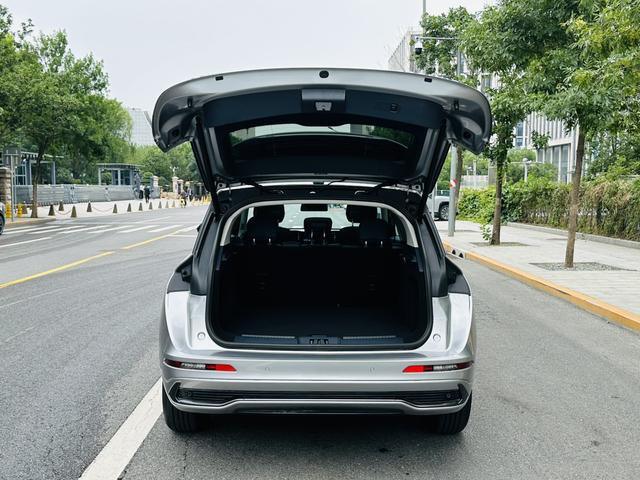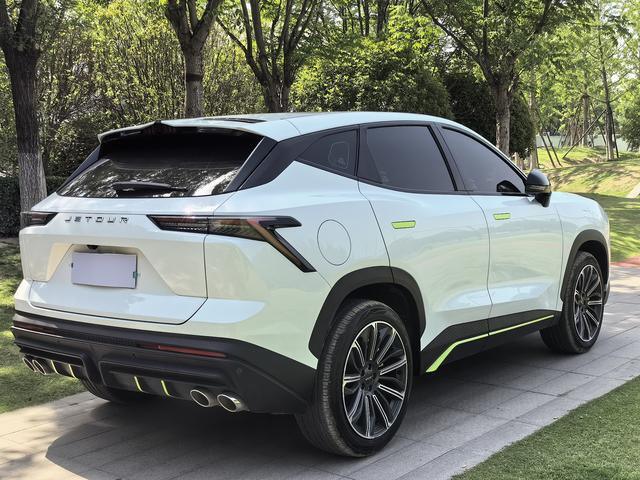ev
Electric vehicles (EVs) represent a revolutionary advancement in automotive technology, combining sustainable transportation with cutting-edge innovation. These vehicles operate on advanced electric powertrains, utilizing high-capacity lithium-ion battery systems that provide clean, efficient propulsion. Modern EVs typically offer ranges between 200 to 400 miles per charge, depending on the model and battery configuration. The technology incorporates regenerative braking systems that capture and store energy typically lost during deceleration, enhancing overall efficiency. EVs feature sophisticated battery management systems that optimize performance and longevity, while smart charging capabilities allow for convenient overnight charging at home or rapid charging at public stations. The vehicles come equipped with advanced driver assistance systems, including adaptive cruise control, lane keeping assistance, and autonomous parking features. Their electric motors deliver instant torque, providing smooth and responsive acceleration without the lag associated with traditional combustion engines. The integration of smart connectivity allows for remote monitoring, over-the-air updates, and real-time vehicle status through dedicated mobile applications.


